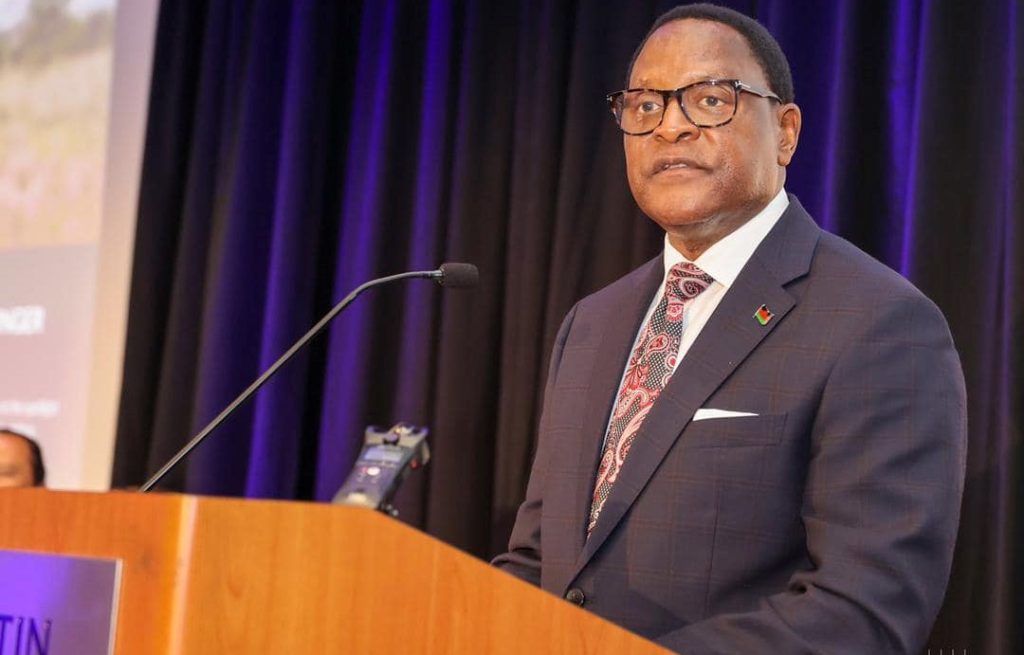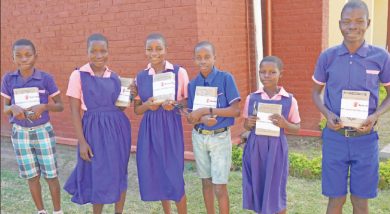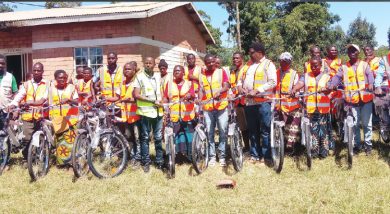United we stand
In Africa Unite, revered Bob Marley and The Wailers sang of how good it is for a people to be united regardless of political, religious and social affiliation as well as race.
Events at Chilimampunga Community Ground in Mtandire, Lilongwe yesterday where Malawi celebrated the inaugural Umodzi Day or National Unity Day surely resonated with the wishes of the fallen reggae star.
The chorus goes: “So, Africa unite
Afri- Africa unite, yeah
Unite for the benefit of your people (Africa unite)
Unite for it’s later than you think (Africa unite)
Unite for the benefit of my children (Africa unite)
Unite for it’s later than you think (Africa unite).”
Indeed, how good and pleasant it was to see Malawians from all walks of life mix and mingle.
President Lazarus Chakwera and Vice-President Saulos Chilima were also in attendance and took part in a solidarity march to the venue.
The day anchored by the Ministry of Local Government, Unity and Culture to promote peace and unity in the country, attracted politicians from various political parties, traditional and religious leaders as well as civil society representatives, among others.
Through the Umodzi Day, government hopes to sustain peace by promoting inter-faith, inter-political and inter-cultural co-existence.

Events on the day included speeches, traditional dances, cultural displays and prayers.
In his address, the President described Umodzi Day as a fulfilment of the country’s desire to blur the divisive and dogmatic racial, cultural, sectarian, political, religious and tribal undertones.
He said: “Unity is the bedrock of development. Therefore, these socially-constructed demarcations must not be used to segregate others from fully enjoying the Malawian dream.”
Chakwera has since directed that the first Thursday of November be commemorated as Umodzi Day.
He said: “Going forward, this is to be a day for promoting Malawian things—fabric, food, languages, dances, art, inventions and attractions.
“This is to be a day for remembering Malawian history and teaching the young the values of Malawian culture.”
Speaking on the spirit of the Umodzi Day, the President stressed that although the nation has always been hard-working and entrepreneurial, none of the hard work would amount to much unless people work together with the same vision and in the same direction.
Representing political parties, Centre for Multiparty Democracy chairperson Charles Mhango described the day as a time to reflect on how the country has benefited from the peace it has enjoyed over the past years.
He said: “We seem to have what others may call barren peace, meaning that despite being at peace, we have not registered the level of development that we ought to have registered over the years and that some countries that were in violent conflict have now picked themselves and have now out-paced our country. “
Mhango, a former Attorney General now serving as Democratic Progressive Party director of legal affairs, faulted politicians for practising divisive politics and putting their personal interest above the national interest.
He said: “The Malawi 2063 emphasises on inclusivity, but we have been practising nepotistic politics where sharing of the national cake hasn’t been equitable. It’s ‘the winner takes it all’ scenario.”
Mhango further blamed political parties for failing to use instruments of the State for nation-building and called for a mindset change.
He said: “Peace is not an end in itself, peace is an enabler, it creates an environment within which a country can thrive. Time is now to make our peace productive, our politics developmental.
“We need to practice inclusive politics that takes advantage of the current peace to precipitate national development, we need to stand up and count ourselves as agents of peace.”
Taking his turn, quasi-religious group Public Affairs Committee chairperson Monsignor Patrick Thawale observed that the preservation of cultural diversity values, dialogue and development across the country and beyond, requires everyone’s involvement.
“The multitude which does not reduce itself to unity is confusion and the unity which does not depend on the multitude is tyranny. This is time to remind ourselves that we can never prosper as a country if we don’t unite,” he said.
Representing traditional leaders, Inkosi ya Makhosi M’mbelwa V said the country also needs to look into cultural festivals they have become competitive which can divide the country.
He described the Umodzi Day as a unique innovation in the process of national development.
Meanwhile, governance and human rights activist Undule Mwakasungula has cautioned that while the initiative is good, other potential challenges might hinder achievement of its goals.
He said a lot of investment is needed to ensure the day is sustainable and has representation from all communities in the planning and execution stages.
Said Mwakasungula: “Long-standing religious, ethnic, or political biases may not disappear overnight, therefore, continuous education and awareness-raising are essential to achieve the goals.
“Strict non-partisan guidelines should also be developed and enforced as there is always a risk that such good initiatives can be hijacked by political entities.”
Facebook and other social media platforms were also awash with reactions to the day with many supporting, but generally observing that there was poor hype for such an important day.
Private practice lawyer Khumbo Bonzoe Soko, writing on his Facebook page, proposed that the day be declared a public holiday to allow all and sundry take part and reflect on unity.
The inaugural Umodzi Day was celebrated under the theme ‘Action for peace, our ambitions for Malawi 2063’.





